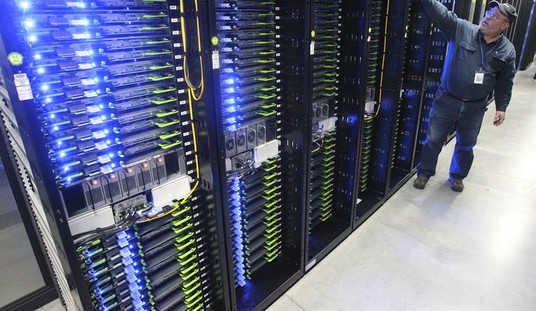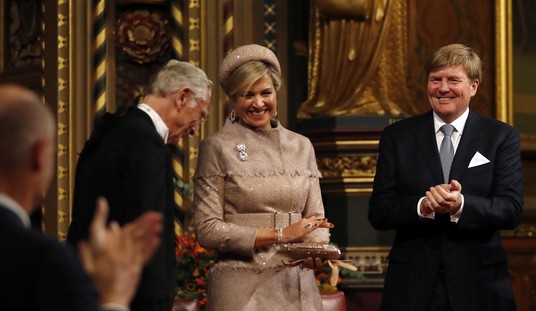Another item on Joe Biden’s to-do list for his first one hundred days in office is the establishment of 100 federal vaccination sites, or “pods,” around the country. That plan understandably had governors and mayors of large cities pretty excited, given how hard it’s been to make significant progress toward herd immunity. It’s a plan that drew bipartisan interest, too. The state Department of Health in Oklahoma, not exactly a blue state by any measure, was ready to sign up for federal pods in three of their largest cities. But as details of the plan emerged, they quickly backed off. Biden’s plan would establish new places for people to go get vaccinated, but it makes no provision for providing additional doses of the vaccine. (Associated Press)
The Biden administration’s plan to open 100 vaccination sites by the end of the month was initially embraced by governors and health officials, who considered it a much needed lifeline to get more Americans inoculated against the coronavirus.
But reality has quickly set in: Some are hesitating to take the offer, at least for now, saying they don’t need more places to administer doses. They just need more doses.
Eager to protect more people against the coronavirus, health officials in Oklahoma jumped at the chance to add large, federally supported vaccination sites. They wanted them in Oklahoma City, Tulsa and a third, mid-size city, Lawton, thinking the extra help would allow them to send more doses to smaller communities that had yet to benefit.
This situation is similar to the one I described last week that’s been encountered in New York State. New York City and several other municipalities initially set up their own pods to cover urban areas, providing vaccinations in densely populated areas. But the state set up its own pods in every county.
The state controls the receipt and distribution of the vials and they were sent to the state pods first. This left a bunch of the municipal and county pods with not nearly enough doses so the workers have often been sitting around in “ghost towns,” with plenty of demand, but only a piddling number of vials.
Biden’s plan is just taking the flawed New York model and amplifying it to a national level. Health officials in Oklahoma quickly realized that the new federal pods in the cities would be drawing from the pool of vials that they were already scheduled to receive. If that happens, there will be even fewer doses available for the pods in the rural areas that they’re trying to expand. Instead of advancing the pace of vaccinations, the federal initiative would actually slow down the vaccination rate in most counties.
As we’ve seen in too many places on the state level, this looks like yet another idea of someone coming up with a “Big Idea” to address the problem without thinking it through. As health officials in Oklahoma told the White House, they’re not dealing with a shortage of places for people to be vaccinated. They dealing with a shortage of vials.
The governors of Washington, Wisconsin, Illinois, Kentucky, and Florida have all similarly put the federal plan on hold. They’re all interested in signing on for some federal pods, but only if they come with their own separate supplies of vaccine. As of now, the White House doesn’t have any way to make more doses magically appear, so you’re probably going to be seeing more of these “thanks, but no thanks” messages coming from the governors.
Perhaps the top-down approach just isn’t working here. In some states, such as Minnesota, health officials have authorized the pharmaceutical companies to send doses directly to pharmacies that have set up appointment systems created with the ability to ensure people from the prioritized groups are getting the appointments first. If we can cut out all of the middle-men in this process and have Pfizer and Moderna ship out the vials straight to the places in each community where people would expect to go get an injection, we might at least smooth out the distribution curve until production can be ramped up further.








Join the conversation as a VIP Member